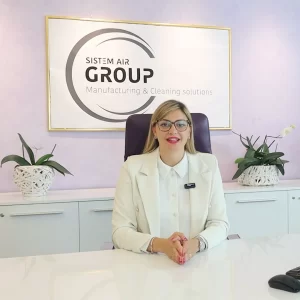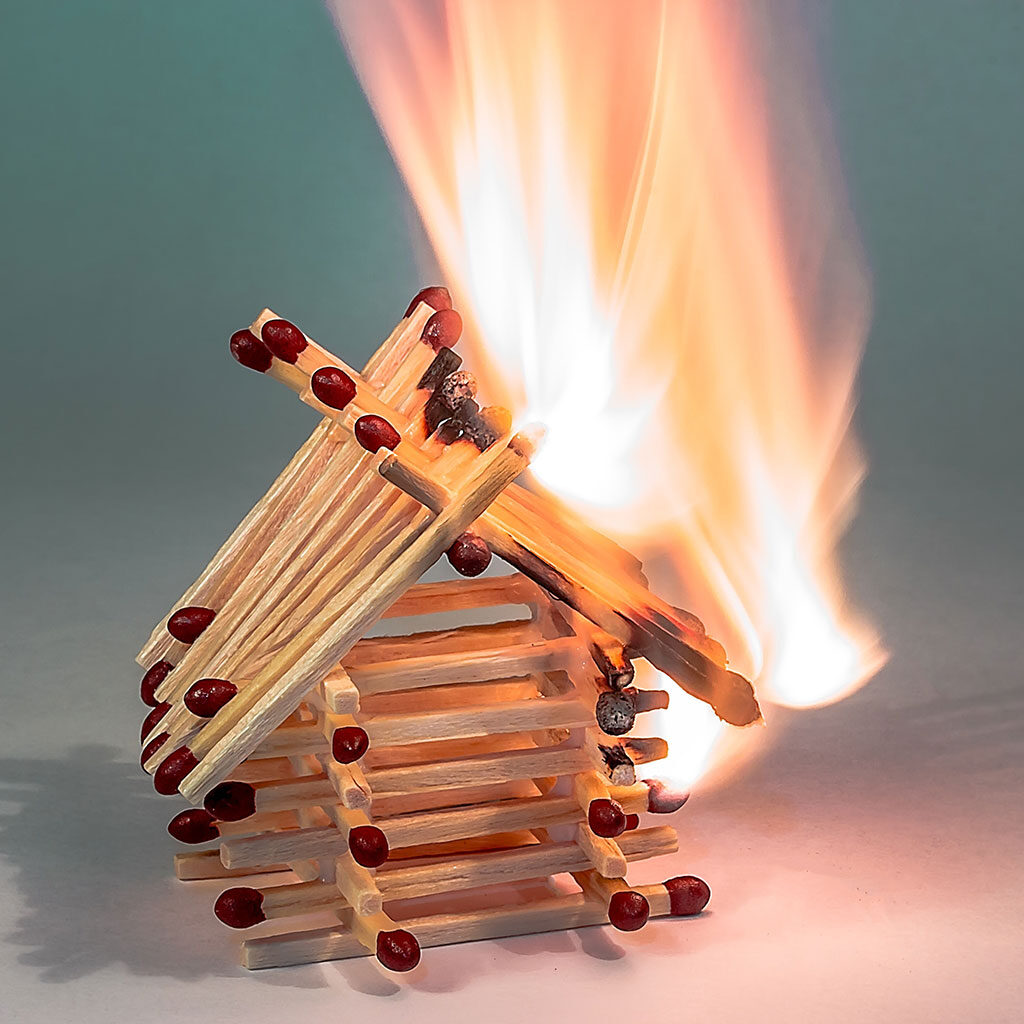
La nuova identità Sistem Air Group
L’evoluzione del logo del Gruppo esprime e anticipa la direzione aziendale determinata dall’espansione in nuovi settori e ampliamento della gamma prodotto

ENEA has announced the arrival of HARPa, an app that, with a few simple steps, is able to estimate the consumption and energy class of old autonomous systems for space heating and domestic hot water production, without an energy label.
This is one of the results of the European project HARP (Heating Appliances Retrofit Planning), which involves 18 partners from five EU countries (France, Germany, Italy, Portugal and Spain), including ENEA in Italy, Eurac Research in Bolzano and Assotermica as the national reference.
The main objective of the project is to inform a potential pool of 1.5 million people about the advantages of replacing obsolete fossil fuel boilers and water heaters with new high efficiency generators.
The HARPa application is available online in both a basic version for consumers and an advanced version for professionals. In addition to suggesting a range of technological solutions available on the market and appropriate for replacement, HARPa estimates the benefits of each technology in terms of economic and energy savings and reduction of CO2 emissions.
In addition, in order to raise awareness on the replacement of existing appliances with more efficient ones, incentives and financial mechanisms available at national level are indicated.
An estimated 126 million boilers are installed in the European Union, of which almost 60% are low efficiency (no higher than energy class C). Consumers are generally unaware of the inefficiency of their system and therefore of the potential energy and bill savings, as well as of the environmental benefits, that could be obtained with new appliances. Most of the time the replacement is done without planning, when the existing system is worn out or malfunctioning.
Click here to access the HARPa tool.


L’evoluzione del logo del Gruppo esprime e anticipa la direzione aziendale determinata dall’espansione in nuovi settori e ampliamento della gamma prodotto

Le energie rinnovabili, come il sole, il vento e l’acqua, giocano un ruolo sempre più importante nella transizione verso un’economia a basse emissioni di carbonio.

La proposta del Libro Bianco di Aiel per abbattere del 70% l’inquinamento da riscaldamento